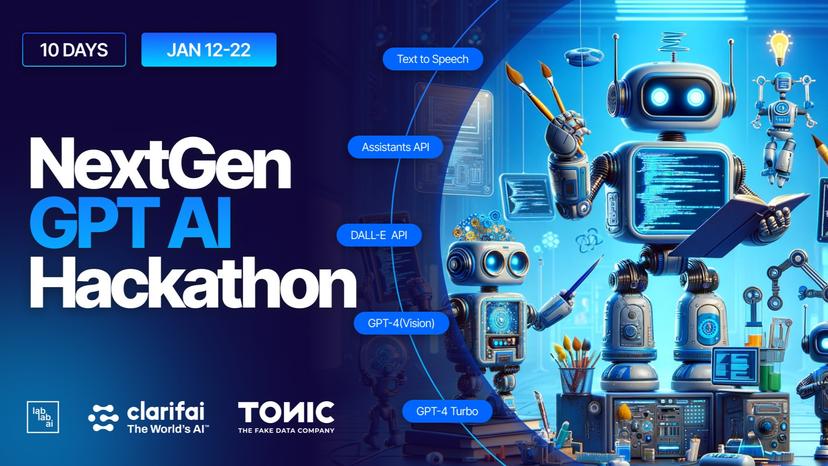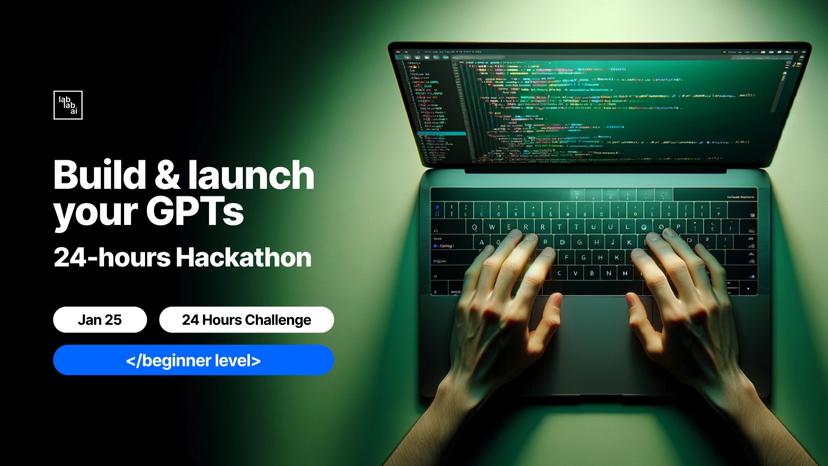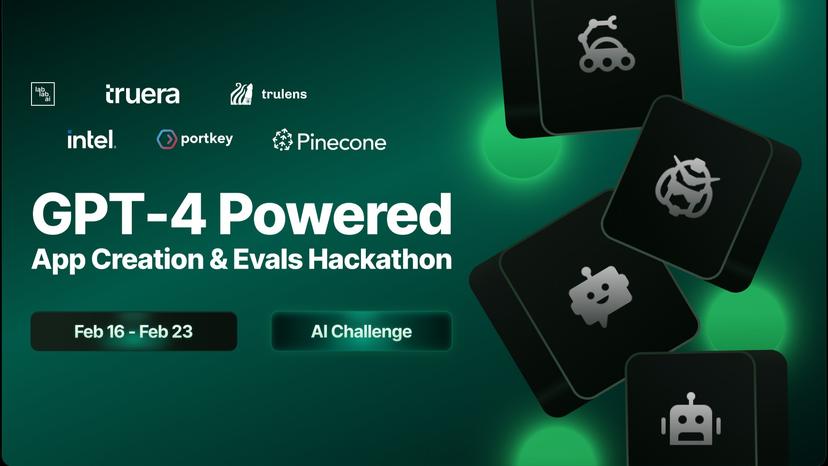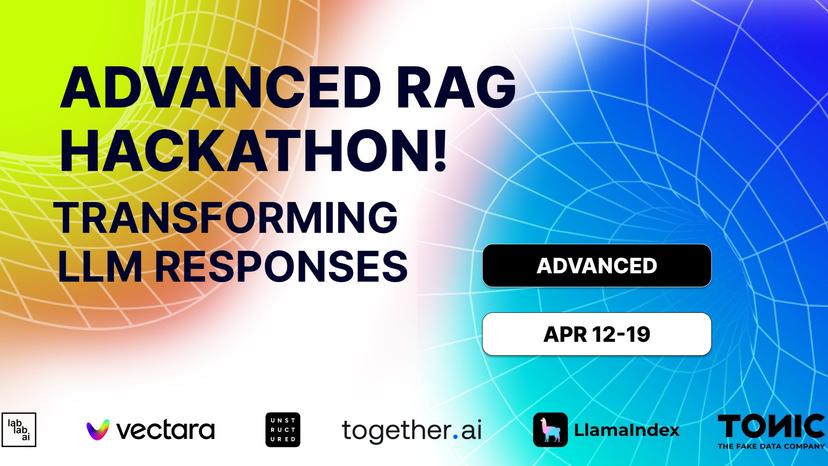
Ayesha Andleeb@Pine_Calmuv6b
is under improvement
35
Events attended
8
Submissions made
Pakistan
1 year of experience
About me
Hello! I'm an IT undergraduate with a strong background in AI and ML. My project expertise includes end-to-end chatbot development and AI web apps. I actively participate in coding challenges, such as AdventOfCode 2023, and have a keen interest in problem-solving on platforms like LeetCode. Additionally, I've delved into system design to enhance my skills in crafting scalable solutions.
is under improvement
🤝 Top Collaborators
🤓 Latest Submissions
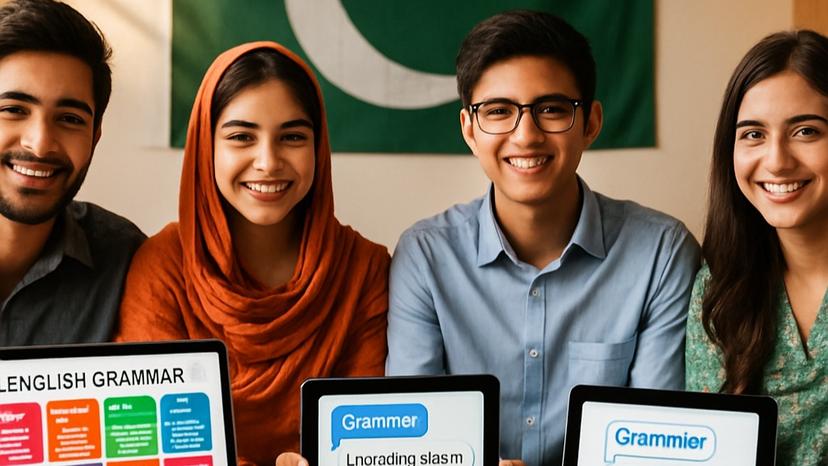
SmartLearn
AI-Powered English Learning Assistant is a comprehensive educational platform designed for Pakistani secondary school students (grades 9-12) to address limited access to quality English education and digital distractions during learning. Built with Streamlit and GPT-5 technology, the platform offers three core modules: interactive grammar learning, structured practice exercises, and comprehensive assessments. It covers essential concepts including tenses, active/passive voice, and direct/indirect speech with bilingual Urdu-English support and culturally relevant examples. The AI generates personalized content, creates grade-appropriate practice questions, and provides instant feedback with detailed explanations. Students can track progress, download reports, and follow structured learning paths from basic to advanced concepts. Designed for deployment in remote schools with limited digital access, the platform offers an affordable alternative to expensive tutoring. Features include simple interfaces, offline capabilities, and distraction-free environments that keep students focused on educational goals. Our vision extends to institutional impact through school-wide deployments, teacher dashboards, and curriculum integration. This scalable solution aims to improve English proficiency across Pakistan's underserved student population, contributing to better educational outcomes and global job opportunities.
24 Aug 2025
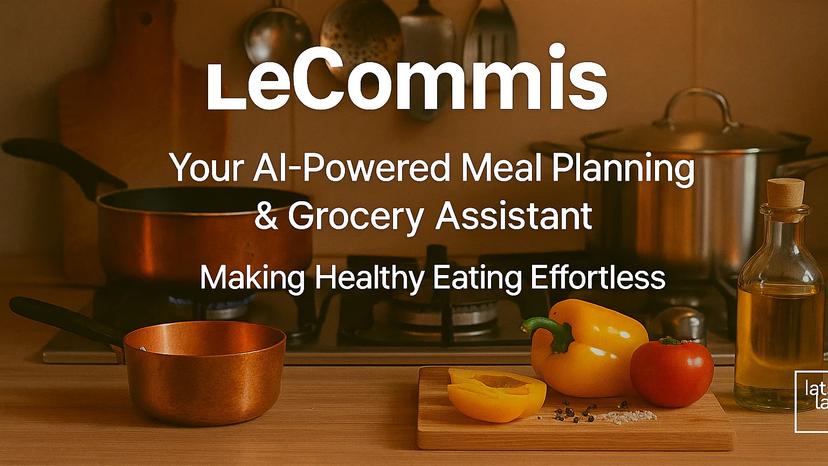
LeCommis
1. The Problem. In today's fast-paced world, maintaining a healthy diet can be a daunting task. Many people struggle with finding the time to plan nutritious meals, shop for the right ingredients, and cook. This often leads to poor eating habits, reliance on fast food, and ultimately, health issues. The process of meal planning and grocery shopping can be overwhelming, leaving little time and energy for the actual enjoyment of cooking. 2. Our Solution. LeCommis is designed to simplify your meal planning and grocery shopping, making it easier than ever to maintain a healthy lifestyle. Our innovative app leverages the power of AI to create personalized meal plans tailored to your unique nutritional needs. Here's how it works: - Sign-Up: When you first sign up, LeCommis asks for some basic information to build your nutrition profile. This profile is used to understand your dietary preferences, allergies, and health goals. - Meal Planner: Every meal, LeCommis proposes three AI-generated recipes that are specifically designed to meet your nutritional needs. - Recipe Selection: Each recipe comes with a list of ingredients, preparation time, and nutritional content. You can easily compare the options and choose the one that best fits your taste and schedule. - Ordering: Once you select a recipe, LeCommis takes care of the rest. The AI searches for the nearest store, orders all the necessary ingredients, and arranges for pickup or delivery. LeCommis is perfect for anyone looking to improve their eating habits without the hassle of meal planning and grocery shopping: Busy Professionals, Health Enthusiasts, Families or Fitness Enthusiasts, LeCommis is for everyone. LeCommis is more than just a meal planning app; it's your personal cooking assistant dedicated to helping you live a healthier life. We take the hassle out of cooking to let you enjoy healthy meals. Important ! Snowflake requires login to see our demo, credentials are in Additional information for evaluators.
8 Jul 2025
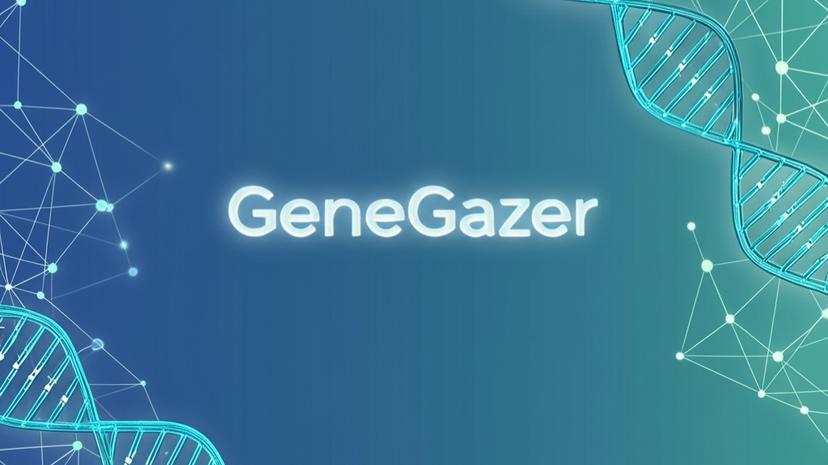
GeneGazer
GeneGazer is your bioinformatics copilot for single-cell data — an interactive web application built with Streamlit, Scanpy, and Google Gemini AI to simplify and accelerate single-cell RNA-seq analysis. It supports common data formats (.h5ad, .csv, .mtx) and automates essential preprocessing steps including normalization, dimensionality reduction (PCA, UMAP), and clustering. Users can explore UMAP-based cluster visualizations, inspect gene expression heatmaps, and discover top marker genes for each cluster. What makes GeneGazer unique is its integrated Gemini-powered AI assistant, which provides real-time, context-aware bioinformatics support tailored to the loaded dataset. Whether you’re analyzing immune cells, tumors, or brain tissue, GeneGazer bridges the gap between computational analysis and biological insight — making high-throughput data exploration accessible to everyone.
15 Jun 2025

Zimulikizi Ai Custom Clearance Compliance System
Manual processes, delays, and siloed information hinder efficient customs clearance, posing challenges to trade facilitation, compliance, and security. Effectively identifying high-risk shipments and sharing critical information across relevant government agencies like Bureu of Standards, Ministry of Health, and Police is a significant hurdle.Zimulikizi is an AI-powered multi-agent system designed to automate and intelligentize this process. It acts as a smart layer within customs import operations. The system is built with a multi-agent architecture where different agents specialize in key tasks.It begins by ingesting raw import data and associated documents (like invoices, permits, manifests) from sources akin to the Tax system. This data is then processed by agents leveraging advanced AI/ML models. Vision AI is used for document analysis, takes tasks like Optical Character Recognition (OCR), identifying and verifying stamps or seals, and extracting data from document images. Natural Language Processing (NLP) agents extract structured information from text fields and descriptions. Machine Learning models analyze the consolidated data to calculate a sophisticated risk score for each consignment and detect anomalies that might indicate non-compliance or security threats.Based on this comprehensive AI-driven analysis, an intelligent Routing Agent automatically determines which specific government agencies have a regulatory interest in that particular shipment. It then prepares and dispatches tailored information packets – containing only the data relevant to that agency's mandate e.g,health-related details of Health Dep, standards compliance info for BS, risk and importer data for Police).Automated processing delivers: accelerated low-risk shipment clearance high-risk inspections; real-time agency coordination . detection of misdeclarations, undervaluation, prohibited goods; and prevention of dangerous/illegal imports—enhancing efficiency, compliance, and security.
1 May 2025

Personalized Health Assistant
The Personalized Health Assistant is an innovative AI project designed to enhance personal health monitoring through wearable devices. This solution offers real-time tracking of key health metrics like heart rate and oxygen levels, with 24-hour historical data displayed on an intuitive dashboard. Users receive AI-generated suggestions and personalized diet and exercise plans, enabling them to proactively manage their health. Our project leverages Llama 3.1 to generate diverse synthetic datasets and optimizes smaller AI models, such as TinyLlama and Phi-3, for seamless deployment on edge devices. The ultimate goal is to empower users with actionable insights, enhancing their well-being and supporting healthier lifestyles.
23 Aug 2024

CodeBlast Dream Catcher
The CodeBlast Dream Catcher proposes an innovative approach to searching multidimensional space for knowledge based on the following eight principles: 1. An "all possible combinations space" exists in a multidimensional space where knowledge is discovered, not created. 2. This multidimensional space is best searched with LLMs using goals, as goals carry the recipes for accomplishing them. 3. There exists a multidimensional "all possible" Codestral goal space consisting of interconnected goals resembling a graph. 4. This multidimensional goals space can best be searched by remapping it to the 2D Infinite Canvas proposed in the LabLab.ai Build Your Business Startup Hackathon's "Navigating the Infinite Plane". 5. The infinite canvas can be created using a 50256 base number system derived from the GPT-2 tokenization labels. 6. To avoid the costly computational expense of base number conversion, hidden and unhidden states are created in the 2D infinite plane. 7. These hidden and unhidden states correspond to the conscious and unconscious mind, proposing that the human brain uses a similar mechanism to avoid the heavy cost of base number conversion. 8. Thus, searching for knowledge becomes a simple mapping problem in 2D and 1D space in both hidden and unhidden states. Business Value: The CodeBlast Dream Catcher approach offers significant business value through the following benefits: Efficient Knowledge Discovery Resource Optimization Enhanced Decision-Making Scalability Flexibility Strategic Advantage The CodeBlast Dream Catcher approach redefines knowledge discovery by leveraging LLMs and innovative mapping techniques to efficiently explore multidimensional spaces. By optimizing resources, enhancing decision-making, and offering scalability and flexibility, it provides a strategic advantage, making it a valuable tool for businesses aiming to lead in advanced AI knowledge discovery.
17 Jul 2024

EZ-Read
EZ-Read is a GenerativeAI comic book creation tool. It's primary use is for Creators who want to assemble a comic book using Generative AI for character, background images and book parsing with Generative AI summaries and metadata extractions, such as which characters are in which scenes. The tool was built for the hackathon in 3 apps (do to time zone differences) but will be a single platform ina future state. One thing we tried to forcus on was consistent character creation (in different poses). We got good results with Midjoureny, but there is no API. So we built our own using Stable Diffusion.
4 Jul 2024
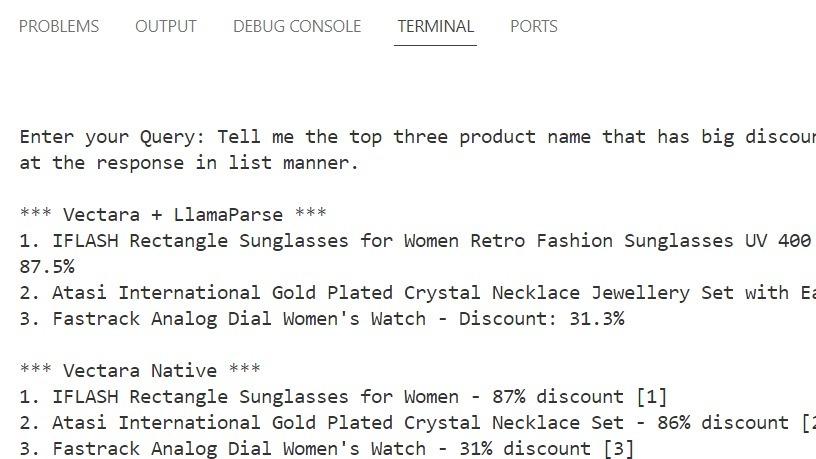
Shop GINI
Using Vectara and Llamaindex we process tabular data using multiple models to get extremely accurate recommendations. Our solution can scrape product information from any e-commerce platform such as Amazon, Walmart, eBay, etc., and use RAG to incorporate customer-specific preferences to find out the best suitable products for price, features, ratings, etc. The solution facilitates the hybrid search mechanism i.e. keyword as well as semantic search capabilities. It also supports summarization for products e.g. concerning sales, trends, revenue, etc. The next steps are using a voice-enabled chatbot, and an alerting mechanism with product search across internet.
19 Apr 2024
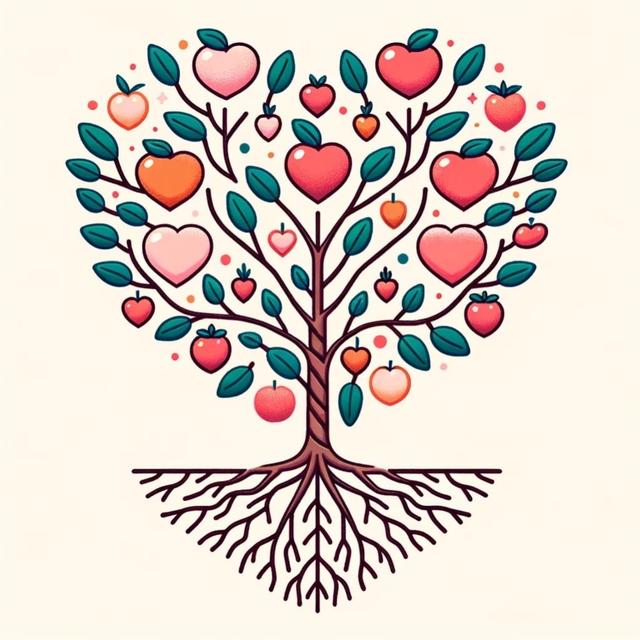
.png&w=640&q=75)
.png&w=640&q=75)
